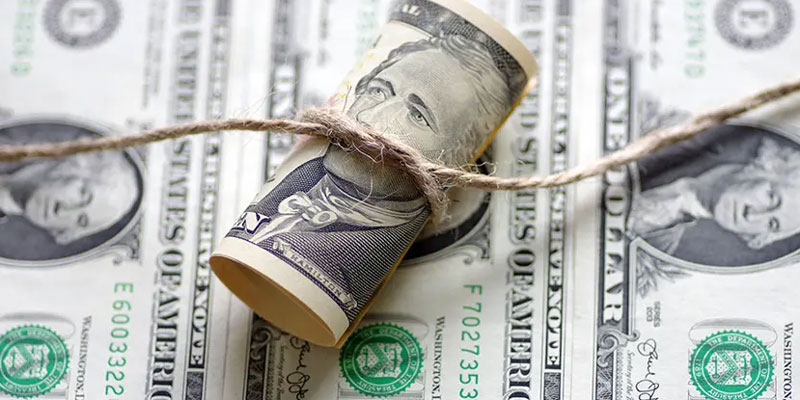As a federal worker, you may find your thrift savings plan (TSP) an attractive source of low-interest loans for home improvements, debt consolidation, and other purposes. The federal workforce and the military participate in a retirement savings program known as a "thrift savings plan."
You may put in as much as you can afford each year, and your earnings will grow over time. To a certain extent, your contributions may even be doubled by some agencies. In addition, you may take out additional loans while keeping your original loan balance intact. It's not always wise to do this, though. Let's check out the mechanism and see if this is an intelligent action.
What Exactly Is A TSP Loan?

Federal workers and armed forces members can access their Thrift Savings Plan (TSP) through a TSP loan. Borrowing from your retirement savings makes being approved for a TSP loan straightforward. However, borrowers may need additional documentation to use the money for a primary residence.
If you have enough money in your TSP, you can take out a loan of up to $50,000. Automatic payroll deductions may be set up, and you'll have up to 15 or 5 years, respectively, to pay back the loan at a fixed interest rate.
How Do Loans From A TSP Work?
A TSP loan allows you to borrow from your retirement account and pay it back over a certain period. Your TSP loan rate will be the same as the G Fund rate during the month your loan was approved. Like a 401(k) loan, a TSP loan has an interest that is paid back into your retirement account rather than to a bank or lending organization.
Tips for Accessing Your 401(k) Loan
A loan from your thrift savings plan is one of the cheapest borrowing options. Additionally, tapping into your TSP is a lot less hassle than other types of credit. You have a far lower chance of getting rejected for a loan if you borrow from your funds rather than applying for a traditional bank loan.
Suppose you're a federal employee on active duty and haven't recently returned another TSP loan or made a taxable distribution from your savings. In that case, you should be authorized to take a loan against your TSP. You may withdraw cash from your TSP in one of two ways.
A General Purpose loan is a type of loan used for purposes other than real estate purchase. No additional paperwork is needed for a General Purpose loan, but it must be paid back within five years.
How Much of a Loan Can You Take Out of Your 401(k)?

Thrift plan withdrawals are subject to a predetermined cap. Depending on how much you need, there may be better ways to borrow money. The total amount you can borrow is capped at the sum of your contributions plus any profits on your contributions plus $50,000.
The Drawbacks of Tapping Into Your 401(k)
Though a low interest rate and little paperwork make borrowing from a thrift savings plan seem like a good idea, you should carefully consider the negatives before taking out a loan.
- Since you won't be gaining any interest on the loan balance, it will have a negative effect on your retirement savings over the long run.
- You will have to pay interest when you make up for the money you took out of your retirement account rather than collecting interest.
- Any sum not repaid on time may be considered a taxable dividend from the loan.
Will Taking a Loan From My TSP Hurt My Credit Score?
A thrift savings plan loan does not need a credit check because you are essentially borrowing your own money. You won't have to worry about your credit score being hit by applying for other loans. Since TSP loan repayments are not recorded by the leading credit agencies, repaying your loan has no positive or negative effect on your credit score.
In the event of a TSP loan default, your credit score will not be negatively affected. You may be subject to a 10% early withdrawal penalty if you are under the age of 59 and 12.
Conclusion
You can mitigate the adverse effects of borrowing from your thrift savings plan by making voluntary contributions while also paying back your loan. Nonetheless, failing to repay your loan can have serious financial consequences, including a negative impact on your retirement savings and tax refund. Remember that the money you withdraw from your retirement account will not grow for your golden years.




